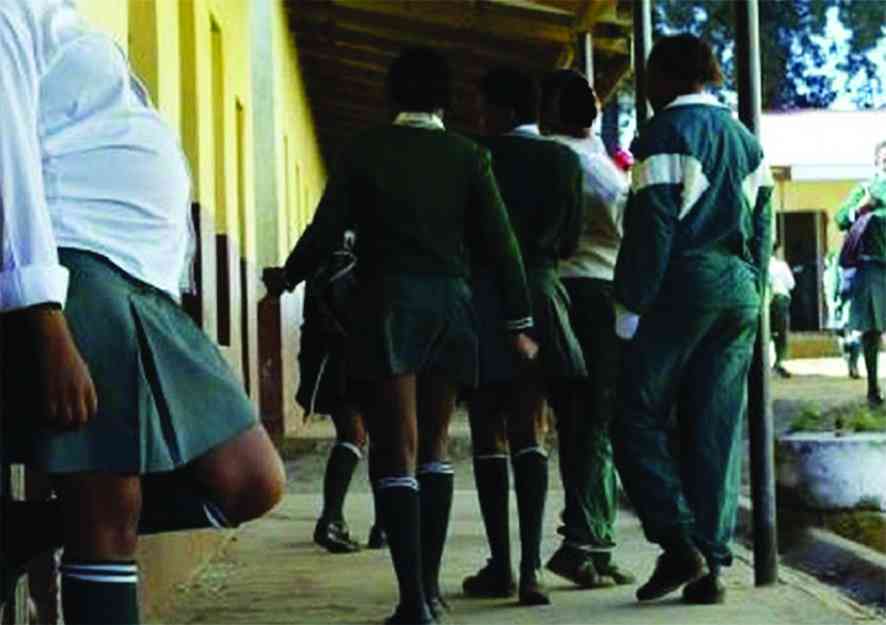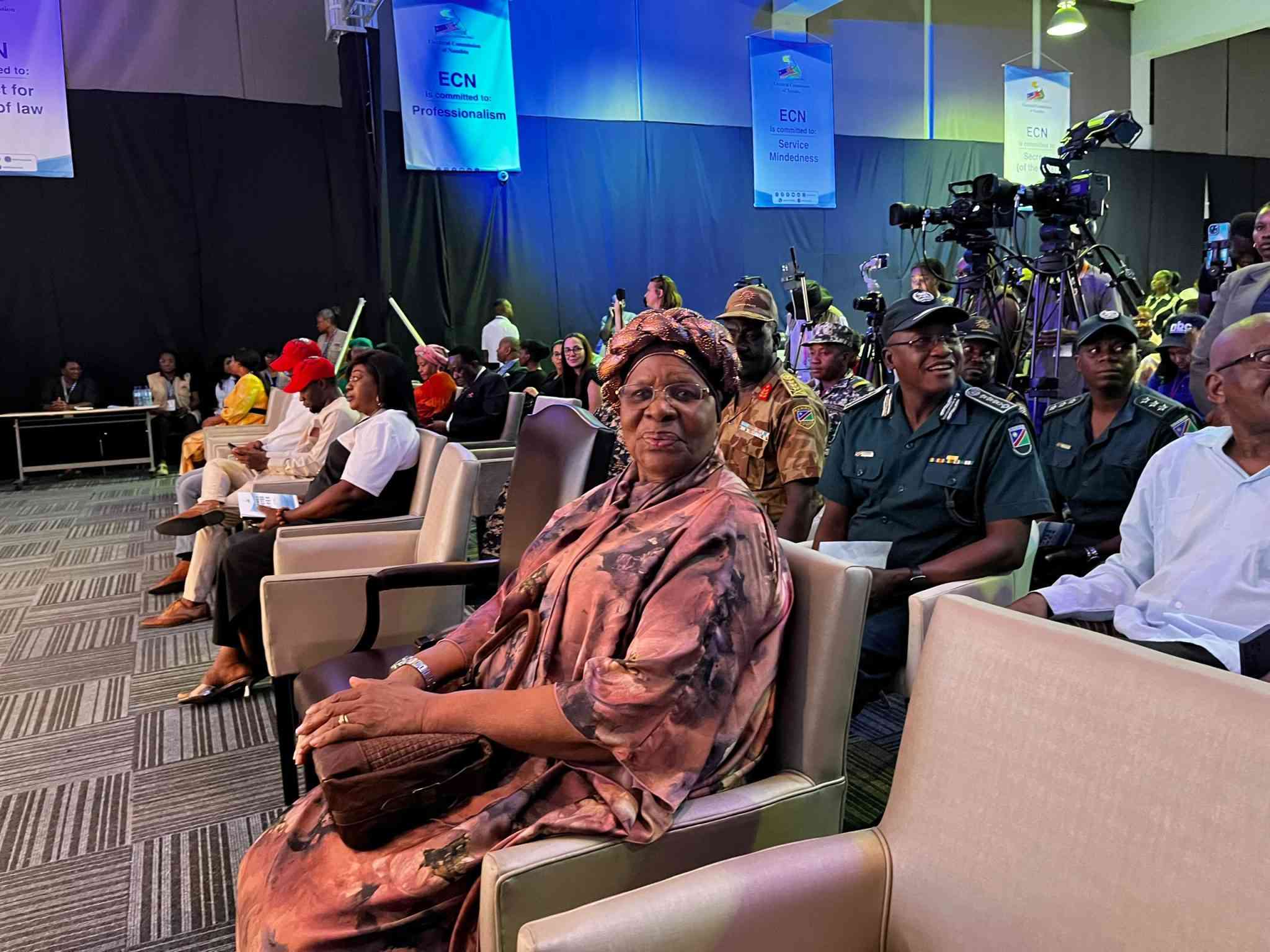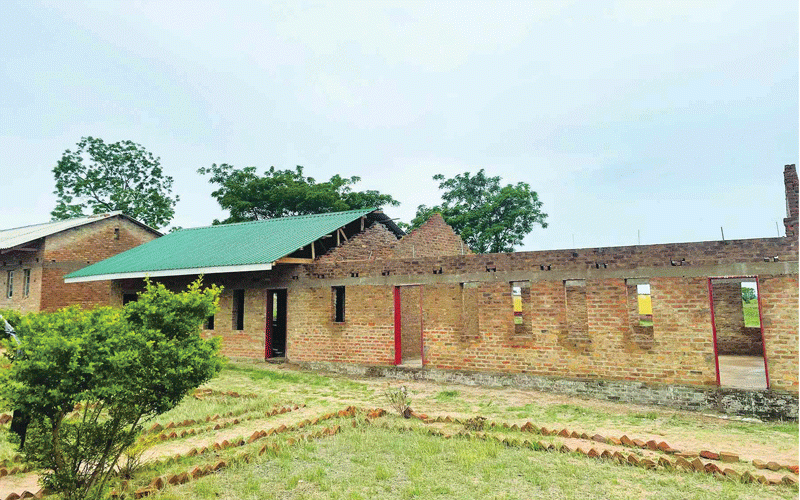
REPORTS of a high number of school dropouts due to increasing poverty levels are a cause for concern and should jolt the government into action.
Speaking during a dialogue on the day of the African Child in Harare this week, Education Coalition of Zimbabwe executive director Elvis Chitsungo said the high school dropouts were contributing to cyclical poverty.
“In Zimbabwe the Primary and Secondary Education ministry reported that in 2021 there were 6 694 618 children of school-going age in the country, but the actual school enrolment for that year was 3 986 891,” Chitsungo said.
“This means that over 2,7 million children were out of school and one can only wonder what the number is in 2024.”
This frightening data exposed lack of a support system to mitigate the situation, a breeding ground of social ills such as child marriages and drug and substance abuse.
The decline in enrolment comes at a time when government has literally stopped funding the Basic Education Assistance Module (Beam) which used to cater for pupils from disadvantaged families, citing resources constraints.
There is no doubt that the situation requires all hands on deck to halt the slide, whose ramifications will be felt in future.
The right to education is enshrined in the Declaration of Rights, a bouquet of constitutional rights that are legally protected and any law that takes away any of the rights is deemed invalid.
- Drug abuse negatively impacting on youth development
- Zim battles increased school dropouts
- School dropouts a cause for concern
Keep Reading
According to section 75 of the Constitution, every citizen or permanent resident of Zimbabwe has a right to basic State-funded education, including adult basic education.
The section decrees that every citizen or permanent resident of Zimbabwe has a right to further education, which the State, through reasonable legislative and other measures, must make progressively available and accessible.
The State, the supreme law says, must take reasonable legislative and other measures, within the limits of the resources available to it, to achieve the progressive realisation of the provision of State-funded education.
The avenue the government has is to scale up Beam to cover disadvantaged children to stem the rise in school dropouts.
Government must, as a matter of urgency, rope in development partners to help fund education and resultantly reduce the rate of school dropouts.
In some cases, pupils are discouraged to go to school due to the long distances they travel to access education.
This can be rectified by providing schools that are as close as possible to the pupils.
Priority must be given to education.
This entails increasing the size of the budget by taking resources normally set aside to fund the “trappings of power” such as top-of-the-range vehicles that are constantly dished to ministers and senior government officials like confetti.
Government can also put in place systems to stop leakages, thereby saving resources that can be chanelled to the education sector.
A high school dropout in an underperforming economy is a recipe for social problems.











